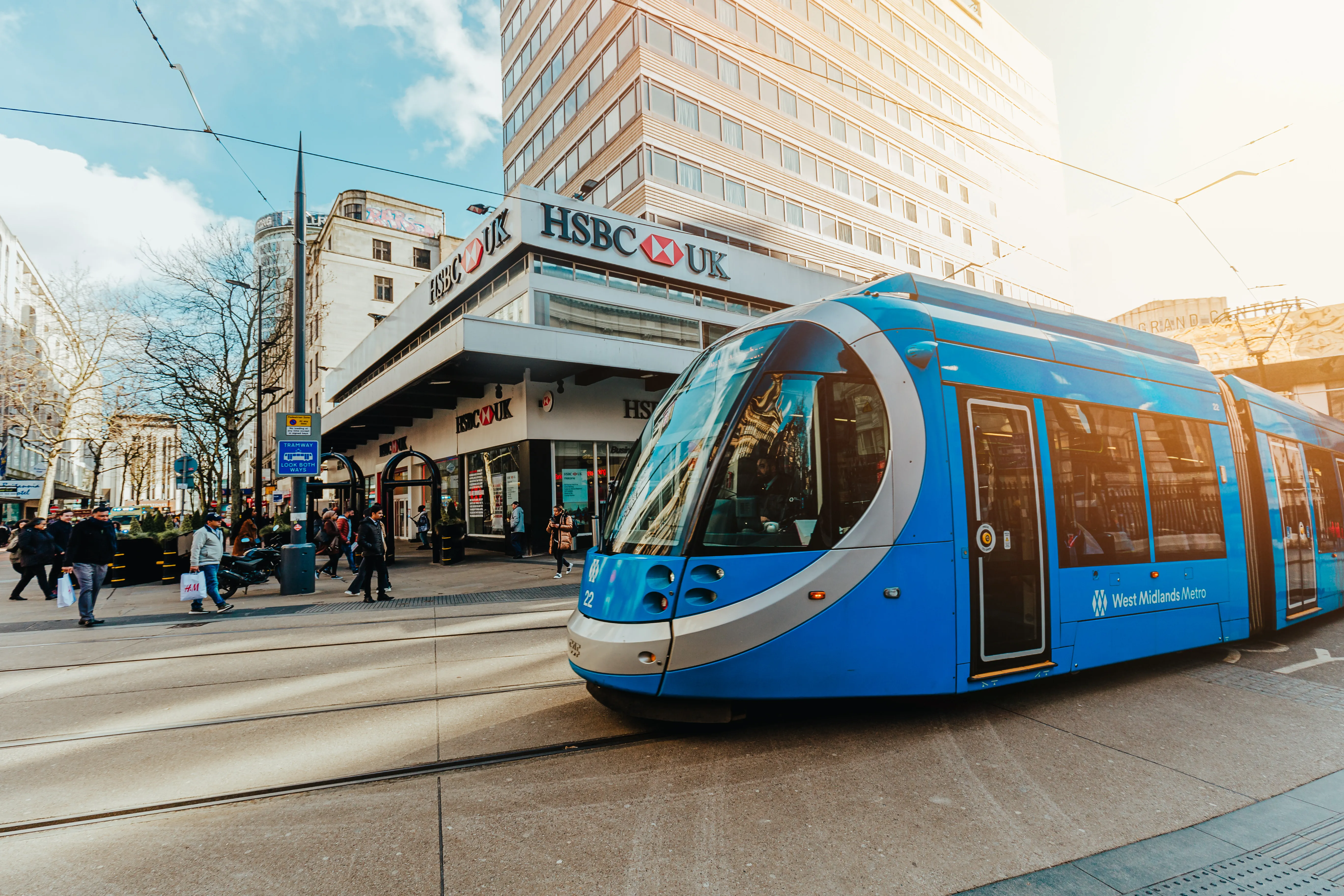Barcelona Metropolitan Transport (TMB) has selected
The uniform video-surveillance system will run on lines L1-L5 and L11 of the city’s metro network.
For the project, 300 video recorders will be supplied along with 300 communication nodes, 600 antennae, 760 video coders, 740 Ethernet switches and 540 IP cameras. The system will also be integrated with existing CCTV systems, maintaining a total of 2038 analogue cameras.
GMV’s digital recording equipment will be integrated into the system to capture full high definition resolution, with the capacity of replay and simultaneous exporting. The recorder’s open network video interface forum compatibility is said to enable recording searches, parameterised deletion, exporting, protection and automatic management of obsolete recordings.
Each train will host two recorders onboard that work in redundant mode to provide a high availability recording system. They will also be equipped with an on-board ring-redundancy multiservice Ethernet.
Two communication nodes in redundant architecture will be included in the network, concentrating the on-board information and other systems. A wireless link will then pass details on to TMB’s operations centres.
The train-to-ground link will use Wi-Fi and 4G/LTE technology to choose the most appropriate channel at each moment to suit the train’s location. Real-time video broadcasting to ground will aim to enable TMB control centres to view videos from all trains along the line.
An on-board display terminal in both driver cabs will be utilised for real-time supervision of any of the unit’s passenger zones.
For now, GMV’s technology will run alongside the existing video surveillance systems to help facilitate a seamless transition to the new system.
GMV renews video surveillance system on Barcelona’s metro network
Barcelona Metropolitan Transport (TMB) has selected GMV to upgrade the on-board video surveillance system on 149 metro trains to improve communication across the city’s metro network. The uniform video-surveillance system will run on lines L1-L5 and L11 of the city’s metro network. For the project, 300 video recorders will be supplied along with 300 communication nodes, 600 antennae, 760 video coders, 740 Ethernet switches and 540 IP cameras. The system will also be integrated with existing CCTV system
April 12, 2018
Read time: 2 mins







